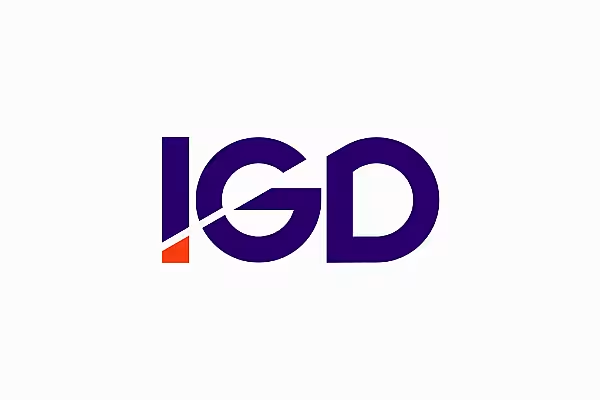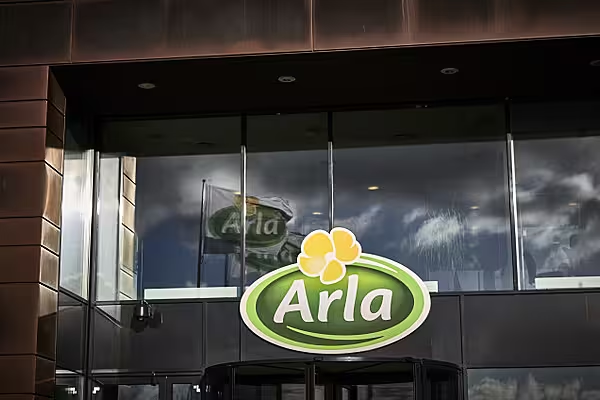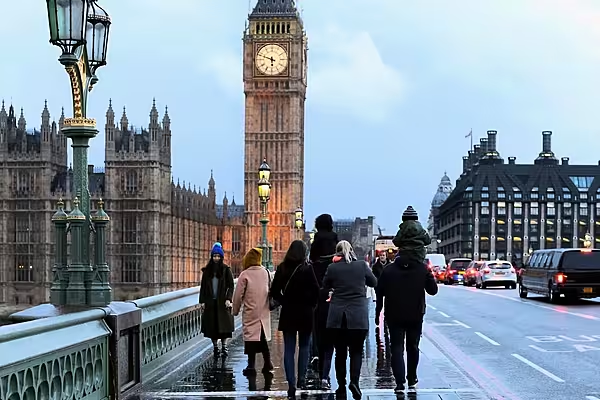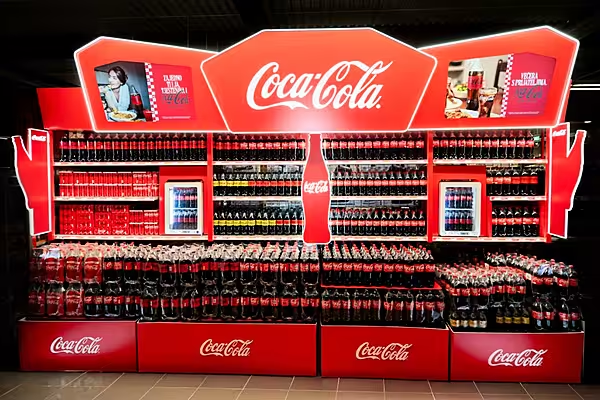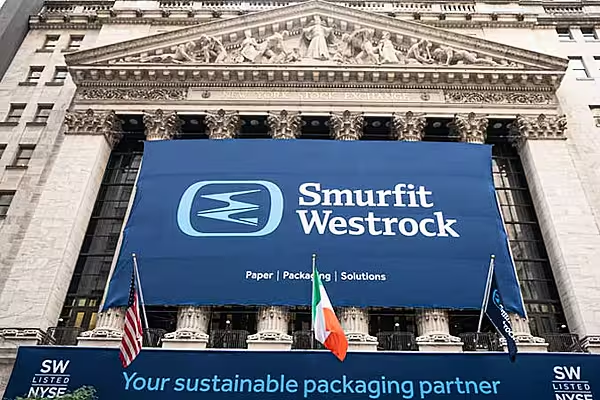IGD has launched a new workstream on environment labelling to mobilise food and consumer goods businesses to develop a harmonised solution that is suitable for the entire sector.
Initially, the workstream will focus on creating a strategic framework for an environment labelling scheme that provides consumers consistent and transparent information to help them make more informed purchasing decisions.
Commenting on the initiate, Susan Barratt, CEO of IGD, said, “With the support of a steering group of senior industry representatives, IGD has set out to develop a recommended strategic framework for environmental labelling in the UK by the end of 2021.
“We recognise there is a growing appetite from all parts of the food system to measure and communicate the environmental impact of individual products, to drive positive change in consumption habits. We also know there is a real desire for collaboration, to champion a science-based approach to environment labelling supported by robust consumer insights.”
The workstream builds on IGD’s experience in nutritional labelling, where the organisation previously led a joined-up industry approach to make it easier for consumers to use and understand nutrition labels and draw comparisons between products in a consistent way.
Environment Labelling
IGD has commissioned sustainability experts Anthesis to develop a recommended industry framework to deliver the environment labeling workstream.
Product footprinting experts from ERM will also provide support, and IGD will seek relevant input from experts across academia, NGOs and government.
According to Barratt, the absence of a coordinated approach from the entire UK food sector could confuse consumers and undermine the credibility of any labels on trial.
She added, “Environment labelling is a very complex area, with many unanswered questions in terms of data accessibility, governance, relevant impact indicators and scoring methodology, as well as the most effective way to visualise the information on-pack.
"To be successful, any solution needs to be pragmatic, possible for the industry to adopt at scale and able to be used by businesses both large and small. We are working closely with our steering group and consulting widely through our broad industry network of technical and sustainability experts. We are also engaging with existing schemes in the UK and Europe to build on their learning as we shape our recommendations. We are aware of the need to move at speed, to deliver positive, lasting change."
